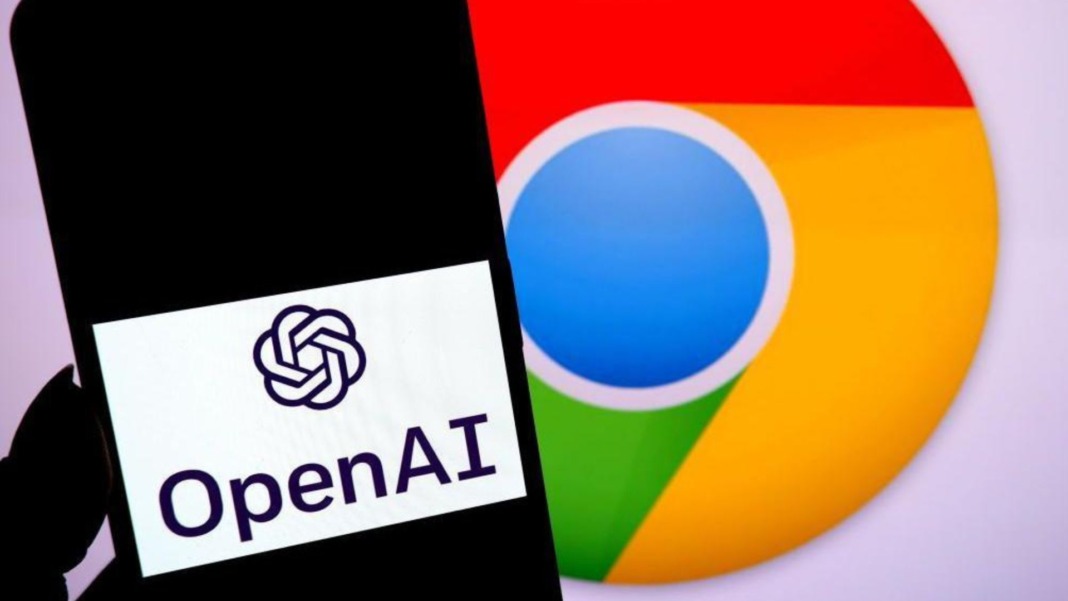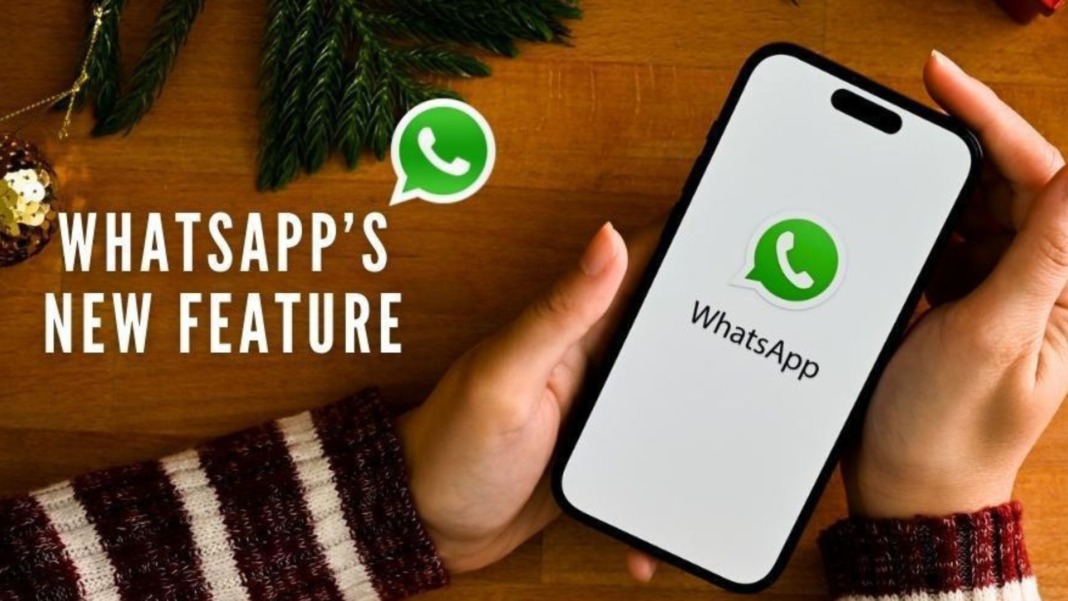If Google were forced to sell its Chrome browser, OpenAI would be interested in buying it. This announcement was made during a court hearing on June 10, where the company’s head of product, Nick Turley, testified before a judge in the ongoing US v. Google antitrust case.
The case is part of a wider investigation by the US Department of Justice, which found Google guilty of being a monopoly in the online search space. Now, as part of the remedies phase of the trial, the government is suggesting that Google could be required to separate or sell off parts of its business, including Chrome. Google, however, has stated it plans to appeal the ruling.
OpenAI’s comments mark the first time the company has expressed public interest in owning a major internet browser. Turley said that acquiring Chrome could help OpenAI improve its products, especially ChatGPT, by offering better search capabilities to users.
OpenAI’s past approach to Google
During his testimony, Turley revealed that OpenAI had previously contacted Google to discuss a potential partnership. This proposed deal would have given ChatGPT access to Google’s search technology. At the time, OpenAI was looking to enhance the quality and reliability of its chatbot’s search results.
Currently, ChatGPT uses Bing to pull in real-time search information. Turley didn’t name Microsoft directly, but he did mention a company referred to as “Provider No. 1.” According to him, OpenAI has faced “significant quality issues” with this unnamed provider, which is widely believed to be Microsoft.
He also stated that OpenAI believes that using search APIs from different partners, including Google, would allow them to give users a better experience. In an internal email shared during the trial, OpenAI wrote, “We believe having multiple partners, and in particular Google’s API, would enable us to provide a better product to users.” However, Google decided not to proceed with the partnership, and Turley confirmed, “We have no partnership with Google today.”
Building a better search tool
Aside from trying to work with Google, OpenAI also created its search index. Turley explained that the company had initially planned for ChatGPT to use its search tool for 80 percent of queries by the end of 2025. However, that target has now been pushed back. Turley admitted that reaching that goal is likely to take several more years.
Despite these delays, OpenAI appears committed to building a powerful in-house search system. Working with others, including Google, could help them reach that goal faster and offer better quality to users.
The possibility of OpenAI buying Chrome adds an interesting twist to the antitrust case. If Chrome were to be sold, it could mean major changes in the browser market—and OpenAI could gain a new way to improve how ChatGPT delivers information.
As the trial continues, more details will emerge about the future of Google, Chrome, and companies like OpenAI, which are seeking to reshape how we search online.




